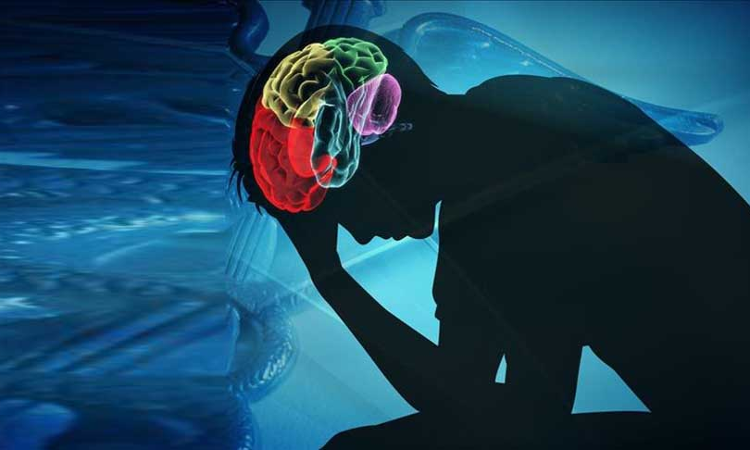Peace Of Mind: An Examination Of The Mental Healthcare Act Of 2017
Raghav Tankha
11 Sept 2020 10:09 AM IST

Next Story
11 Sept 2020 10:09 AM IST
The times we go through has refocussed attention to the importance of maintaining good mental health and managing stress and anxiety properly. In India, apart from the age-old stigma attached to seeking mental health, another issue is being able to afford good mental healthcare. Private mental healthcare professionals, much like any others, would be out of the reach of people who are...
